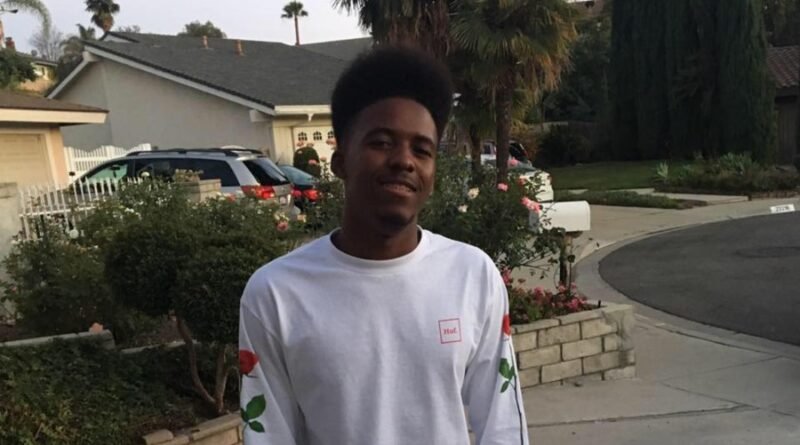New California law, named after former student and hazing victim, aims to make college safer
20-year-old Tyler Hilliard was a week away from starting his junior year at UC Riverside when he went to a fraternity event with his pledge brothers at nearby Mount Rubidoux, a popular hiking spot.
That day, a Saturday in September 2018, was “gold paddle day,” text messages on Hilliard’s phone revealed. Reporting from the Los Angeles Times around the time said that Hilliard was forced by members of his fraternity, Alpha Phi Alpha, to eat an entire onion covered in hot sauce, drink extreme amounts of water and be spanked with a part of a cactus.
That day, he was rushed to the hospital. His heart stopped seven times that night, his family said, and he was ultimately pronounced dead. Police and Hilliard’s family soon investigated his death as a result of hazing.
The individuals involved in the incident were not prosecuted.
Now, nearly seven years later, “Tyler’s Law” will look to ensure that no other college students in California endure similar hazing incidents.
“It’s been a long time coming,” Hilliard’s mother, Myeasha Kimble, tearfully said at a news conference on Tuesday. “Just the pain that we have experienced.”
Tyler’s Law, AB 2193, was passed last September and is an expansion of the state’s hazing laws. Starting in 2026, universities in California will be able to be sued by hazing victims if the college knew about, or should have known about, hazing incidents, and failed to stop them.
“It sends a message to these universities that if you’re going to have fraternities that are connected with your university, make sure that they are following the law and following the rule,” said attorney V. James Desimone. “Because hazing is a crime. And you will be prosecuted and you will be held accountable.”
The law also requires hazing incidents to be compiled into an annual report, along with disclosures as to whether those incidents were tied to student organizations.
USC student Dorian Hu, who is pledging a fraternity, told KTLA on Tuesday that the law was a good idea.
“The school does have the brand name attached to these incidents,” he said. “In my eyes it does make sense that the schools are held accountable.”
